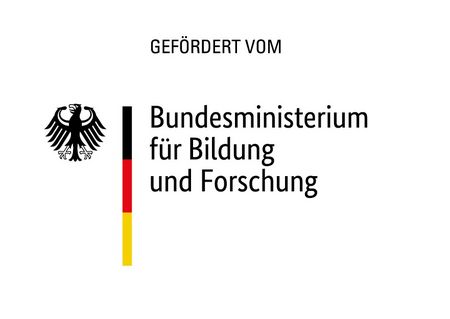Internationalization
Internationalization is a central part of the overall strategic plan at the HTWG Konstanz - University of Applied Sciences. This campus-wide mission affects all aspects of our work, from teaching, research & transfer, to our continuing education program and administration. This page provides an overview of the internationalization activities we are currently pursuing at the HTWG Konstanz. Our goal is to consolidate these activities even more firmly at all levels of our university - while continuing to advance our international agenda.
Internationalization at the HTWG
Ongoing activities
- The key element in the HTWG Konstanz internationalization strategy is and has always been student mobility. And we have the numbers to back it up: the HTWG Konstanz consistently ranks among the top universities in terms of students that study or complete internships abroad. Our exchange programs are coordinated by the International Office.
- We aim to improve our strong international visibility by expanding our English-language websites, double degree programs, the number of courses taught in English, collaborative teaching options, and the use of cutting edge digital communication media and teaching materials even further.
- We continue to maintain and expand our network of more than 80 international partnerships with universitiesaround the world.
- The HTWG Konstanz Senate Committee for Internationalization promotes internationalization on our campus by offering recommendations, implementing concrete measures and providing financial support.

The HTWG Konstanz aims to professionalize and further develop its internationalization structures. To help us achieve this goal, we have been awarded a four-year UAS.International (Module B) grant by the German Academic Exchange Service (DAAD). The UAS.International Program specifically supports the internationalization efforts at universities of applied sciences with a variety of grants.
The grants are intended to help strengthen the international reputation of universities of applied sciences (UAS) abroad, while ensuring that UAS graduates have the skills to succeed in today’s globalized labor market. At the same time, these universities are encouraged to work on refining the UAS brand by showcasing the strong practical orientation of their study programs. This approach can then be successfully exported to other countries interested in emulating the successful German model.
